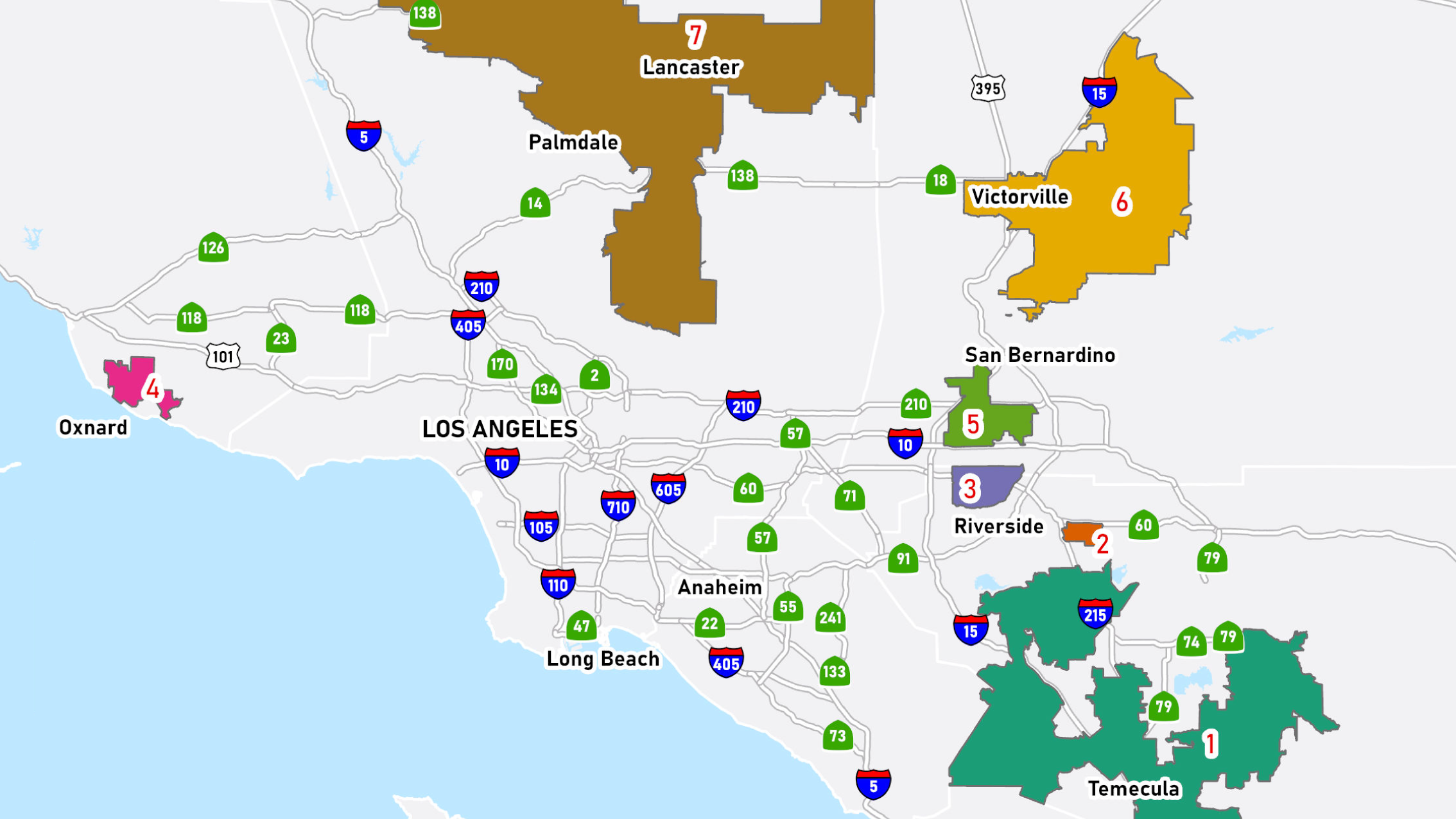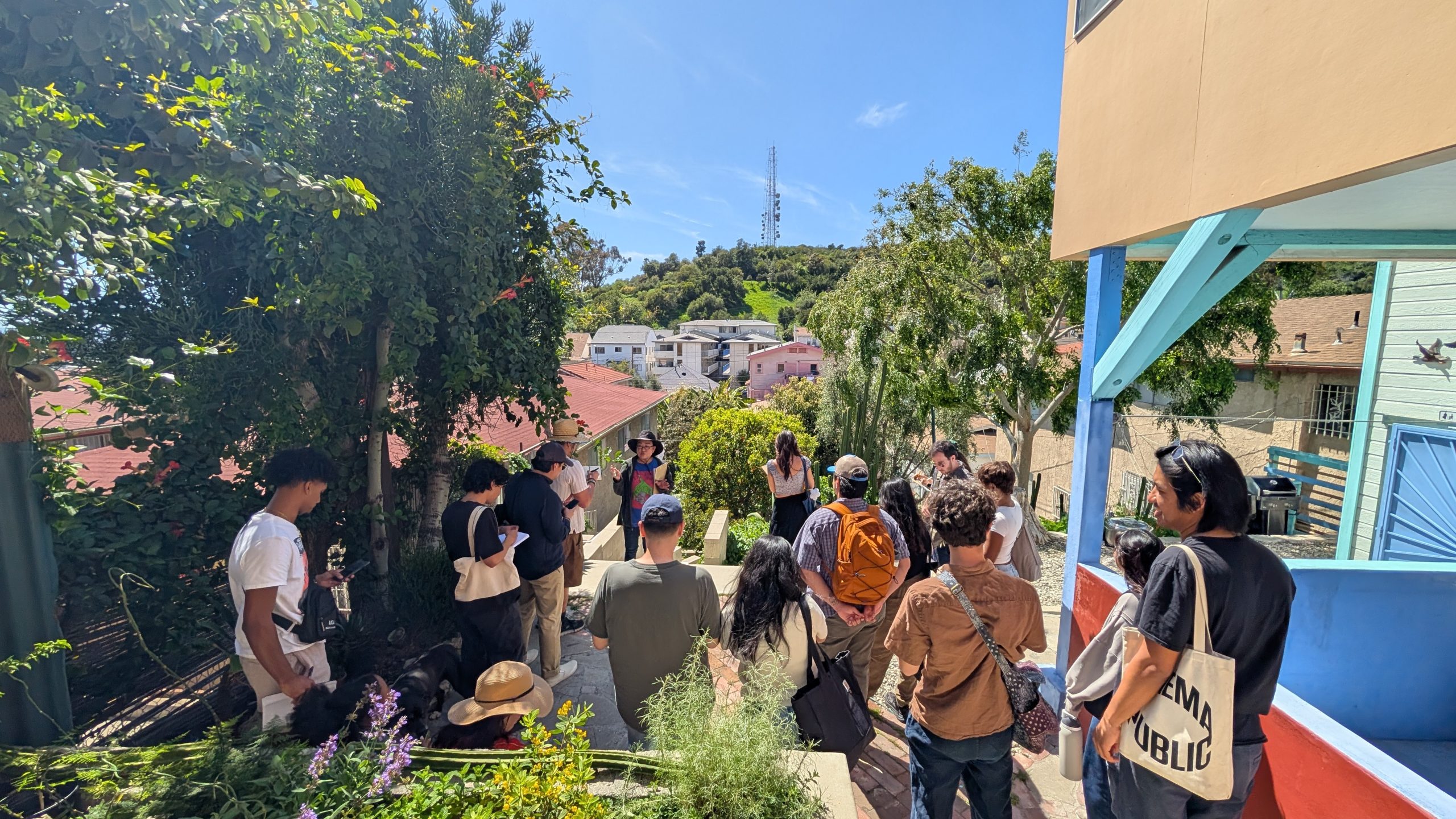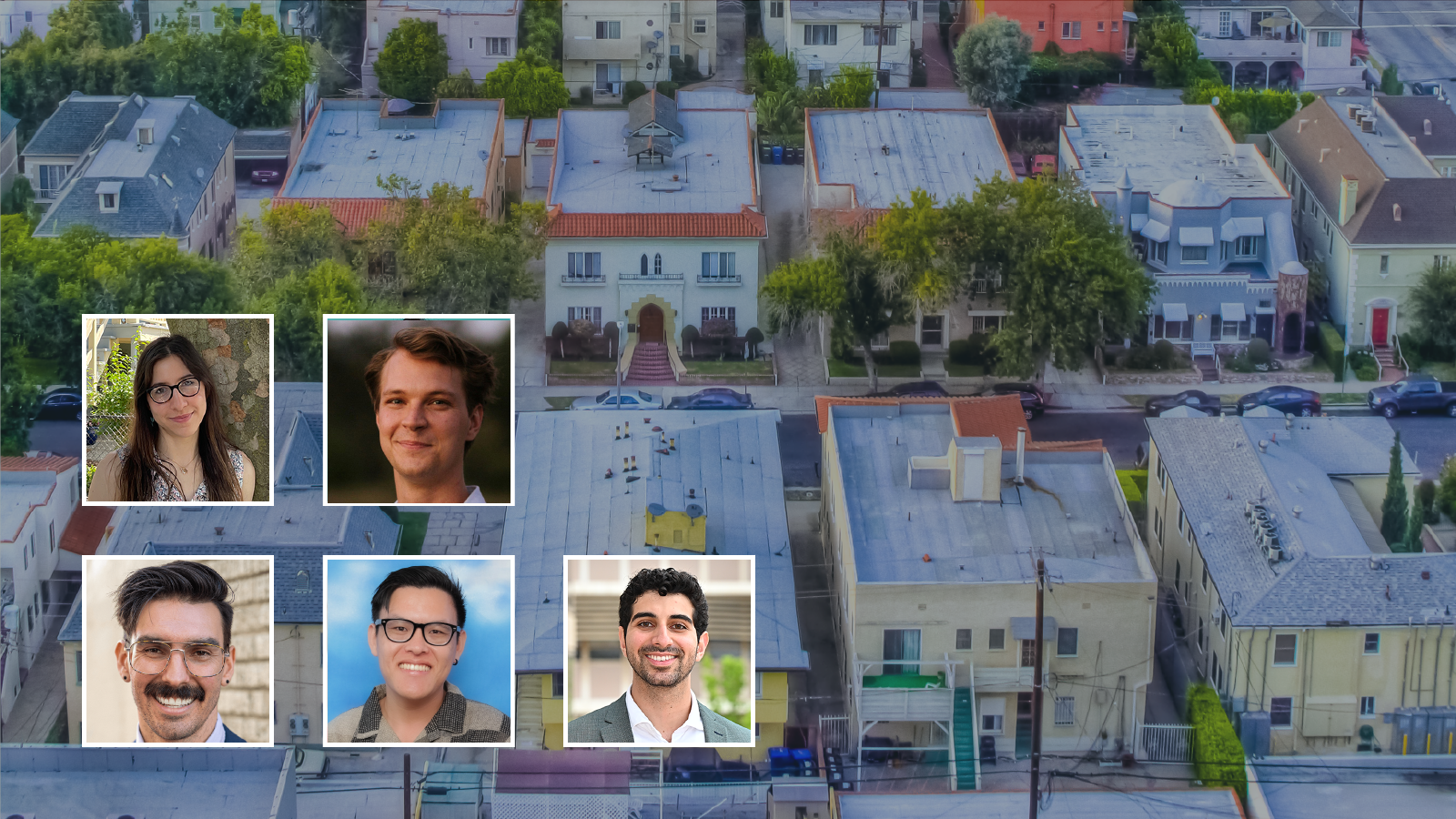
Transforming communities: Lewis Fellows address housing and community development issues
This year, the Lewis Center supported 15 student fellows as they tackled pressing issues on the quality of life for residents in the Los Angeles region, with a focus on housing affordability and transportation access and equity.
UCLA’s Urban Planning graduate students who specialize in affordable housing and community development seek to improve the lives of low-income and marginalized people, and their research aims to center lived experiences. Five of these graduate student fellows partnered with clients and community partners from diverse neighborhoods to examine current issues facing residents across California. These student capstones provide insight about housing affordability and community life from an intersectional standpoint.
Latino Housing Insecurity in California
As rents continue to rise and pandemic-era renter protections ended in Los Angeles, more residents have felt the pressures of housing insecurity. Gabriella Carmona MURP ‘24 found that when examining the precursors to homelessness, like living in low-budget motels or doubling up, Latino residents were more at risk compared to other groups. To prevent more Latino residents from falling into homelessness, agencies should focus on expanding affordable housing, immigration support, and access to public transit. Carmona’s work also illuminates that most available data about homelessness may be lacking the full picture.
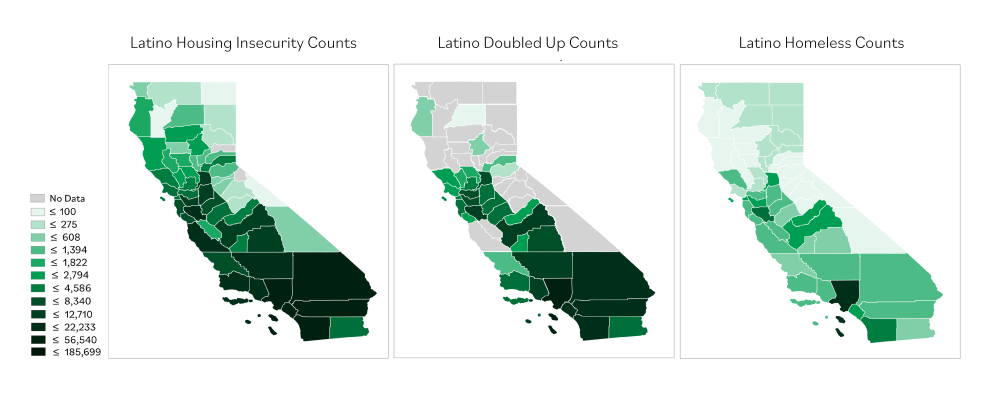
Adding Accessory Dwelling Units in the Valley
Los Angeles voters have seen multiple ballot initiatives aimed at addressing the city’s housing shortage. Two measures aim to make it easier to build accessory dwelling units, or ADUs, on previously single-family lots. Miles Cressy MURP ‘24 worked with the office of Los Angeles City Councilmember Bob Blumenfield to assess whether ADUs increased the city’s affordable housing supply. Cressy found that in the western San Fernando Valley, ADUs currently constitute less than 5% of overall housing stock in the district. In their current state, they help diversify available housing options while also making homeownership more attractive for lower-income residents, but many homeowners are hesitant to rent to outside tenants. Because ADUs increase house sale prices and typically rent at-or-above market rates, Cressy noted it would be wise to examine additional programs to bridge the affordability gaps they pose.
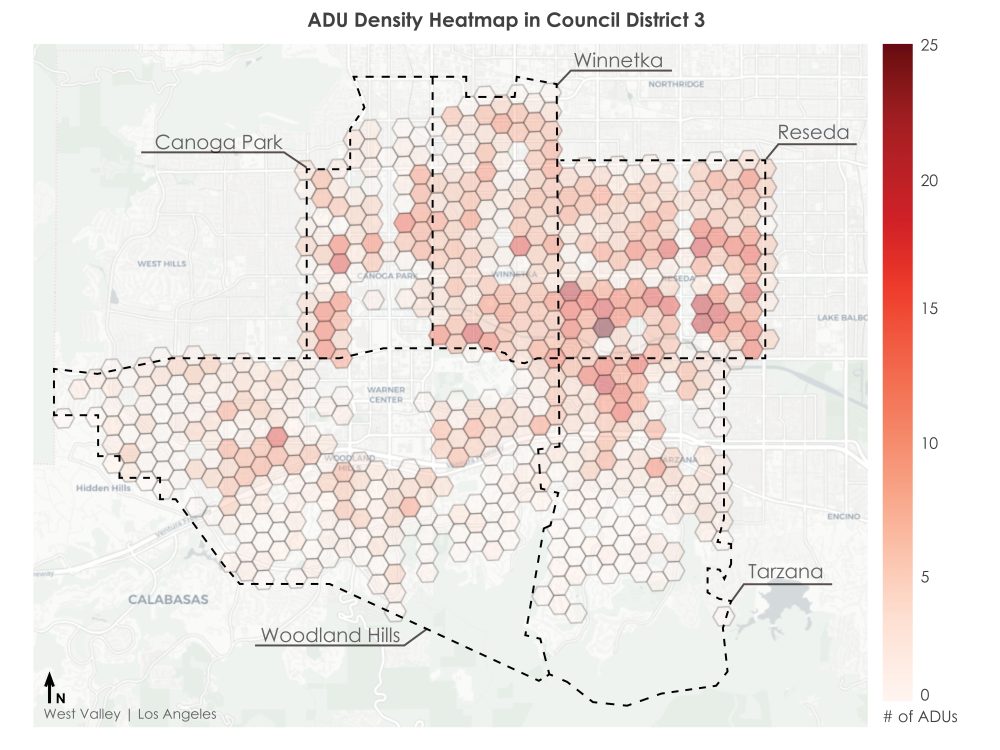
How to Fund Affordable Housing
Chase Englehardt MURP ‘24 partnered with Abode Communities and the Southern California Association of Non-Profit Housing (SCANPH) to examine alternative funding strategies for affordable housing projects. “Housing affordability is a crucial linchpin in so many of the issues I care about from racial justice and climate change to addressing car dominance in L.A.,” Engelhardt said at the start of his project. For the last 40 years, California has relied on Low-Income Housing Tax Credits (LIHTC) for the lion’s share of its affordable housing development, but the need far outpaces what LIHTC-funded developers can produce. Englehardt’s research suggests that affordable housing production could be increased if Los Angeles reduced the demand for parking and implemented low-interest loan and loan guarantee programs, similar to Austria’s Bauspar program.
Lessons from Little Tokyo
Little Tokyo is a culturally diverse, multigenerational community at the heart of Downtown Los Angeles for more than 140 years, yet it faces constant upheaval at the hands of development agencies. Brian Kohaya MURP ‘24 interviewed long-time community organizers and residents to spotlight the history of Little Tokyo as it faces another wave of development from LA Metro with the expected placement of new station areas that will serve the future Southeast Gateway Line, with a forecasted opening date of 2035. Kohaya is also a community member and stakeholder, and he warns that, “the wounds of the past have not fully healed and this becomes evident in the general distrust communities have when working with government agencies.” Kohaya’s research gives historical context behind the shrinking boundaries of Little Tokyo and aims to prevent repetition of past injustices to the community.
Preserving Fresno’s Chinatown
Aryon Shahidzadeh MURP ‘24 spotlighted housing issues in California’s Central Coast. He examined how community ownership could facilitate development without displacing Fresno’s Chinatown neighborhood. He observed that the region’s current development plans often lack specificity or miss opportunities to cross-subsidize affordable housing development, and he identified ways to realign resources and manage the bidding process. Shahidzadeh said he hopes that his capstone research helps “push the envelope of how we use community ownership investments to rectify the multi-generational financial consequences of racial injustice.”
These Lewis Center fellows worked closely with communities in California to identify and unpack factors that lead to persistent housing disparities. Access to affordable housing remains a top priority in the region. These capstone projects aim to help policymakers tailor programs to address the causes of housing insecurity and prevent displacement while increasing economic opportunity in the region.
For a full list of projects undertaken by this year’s fellows, visit lewis.ucla.edu/programs/studentresearch/.

